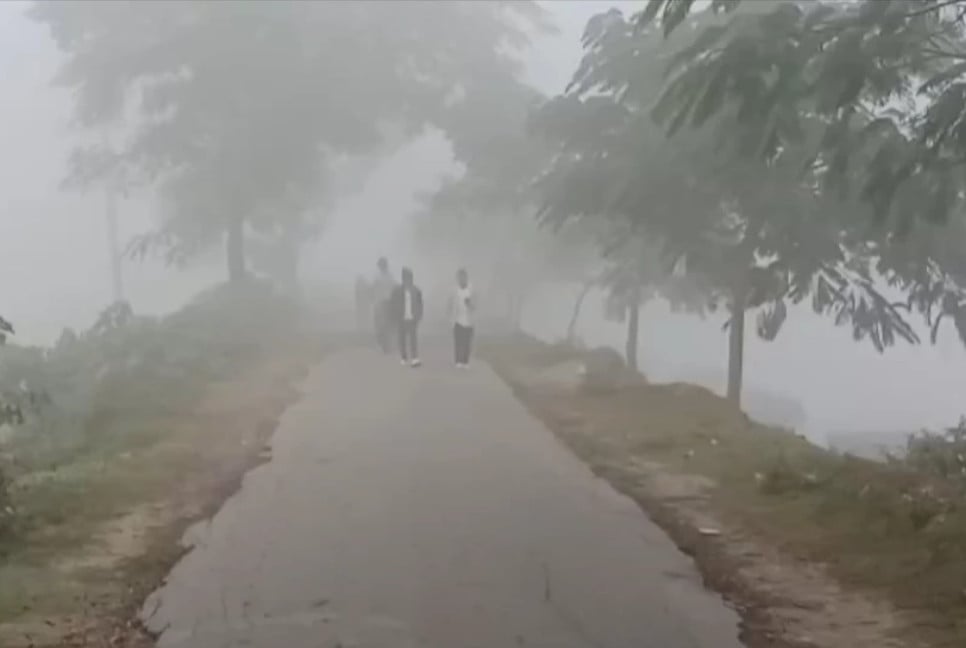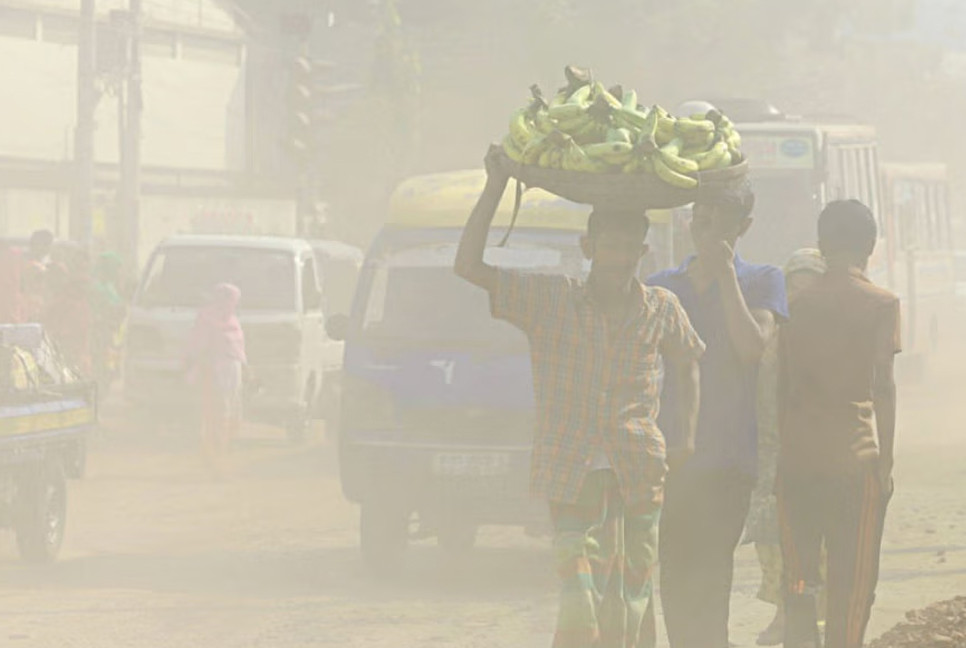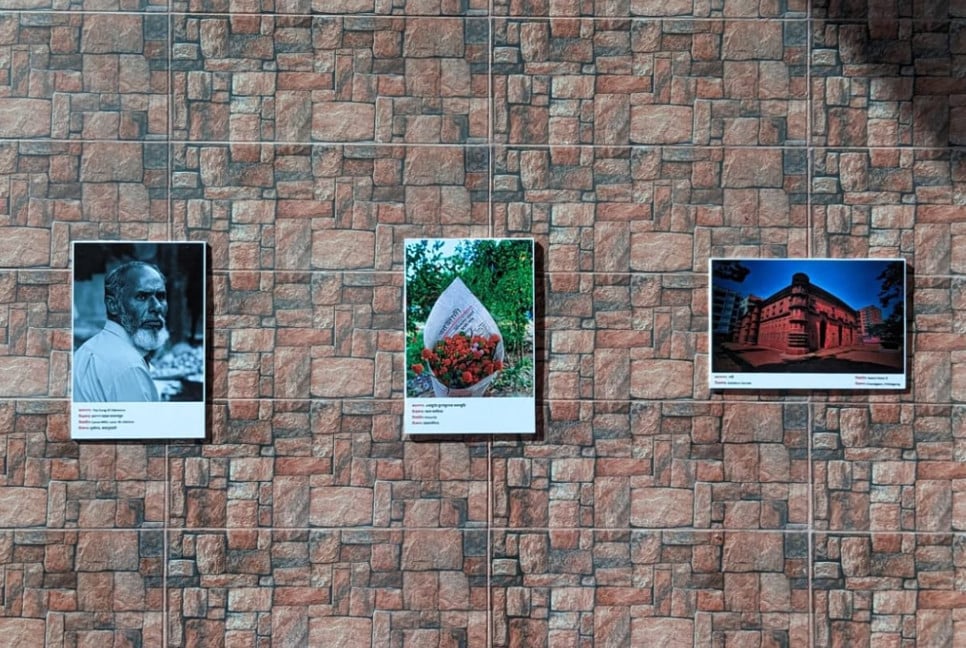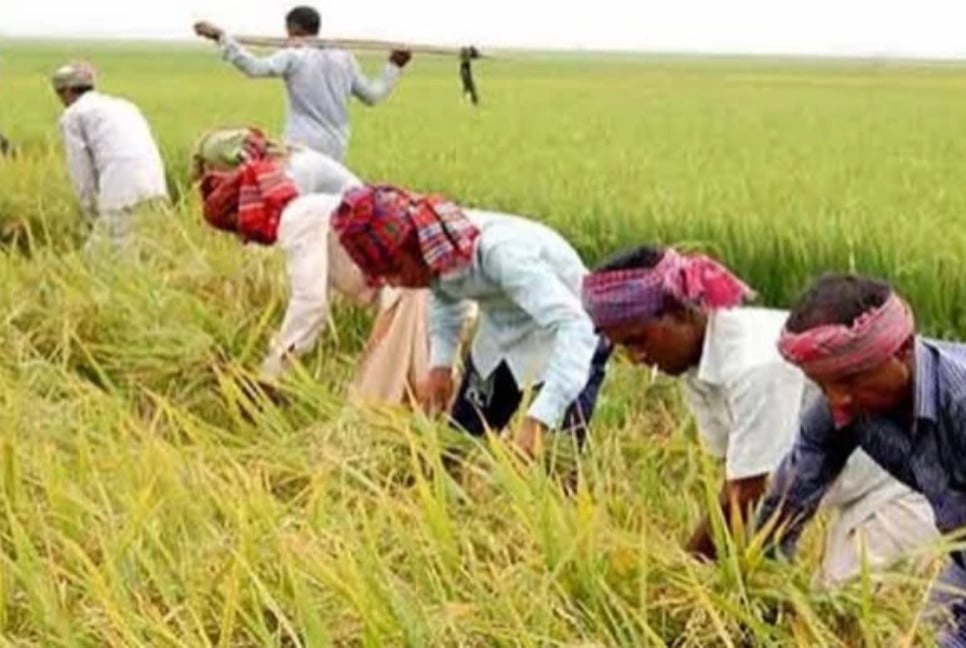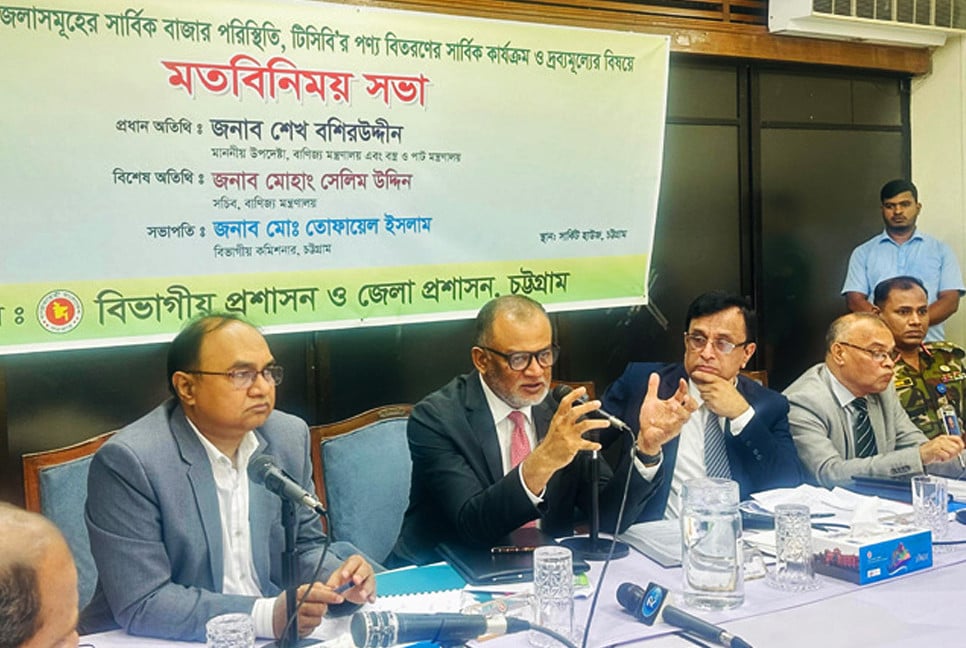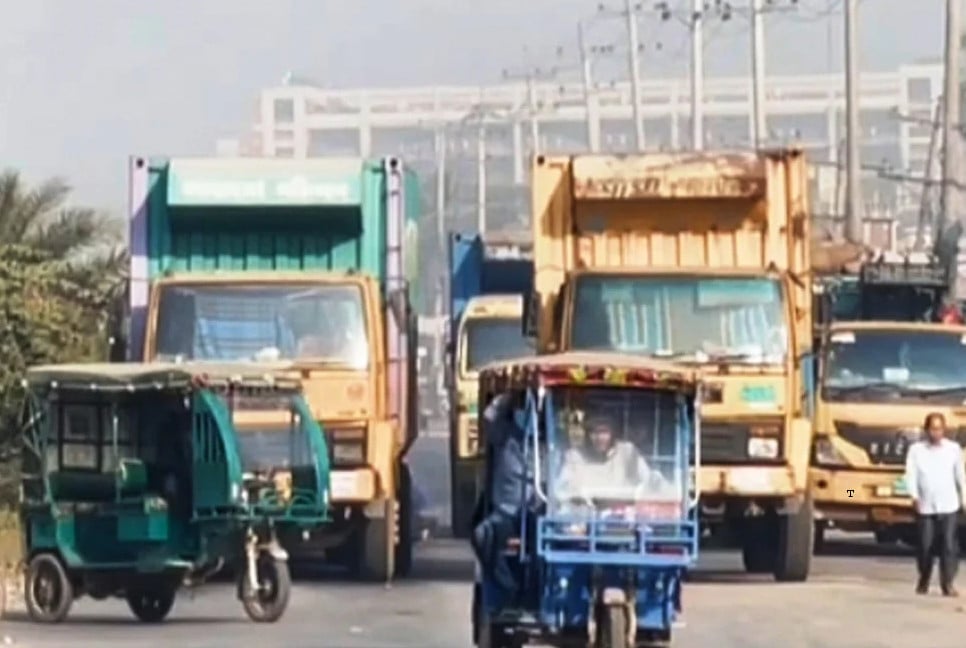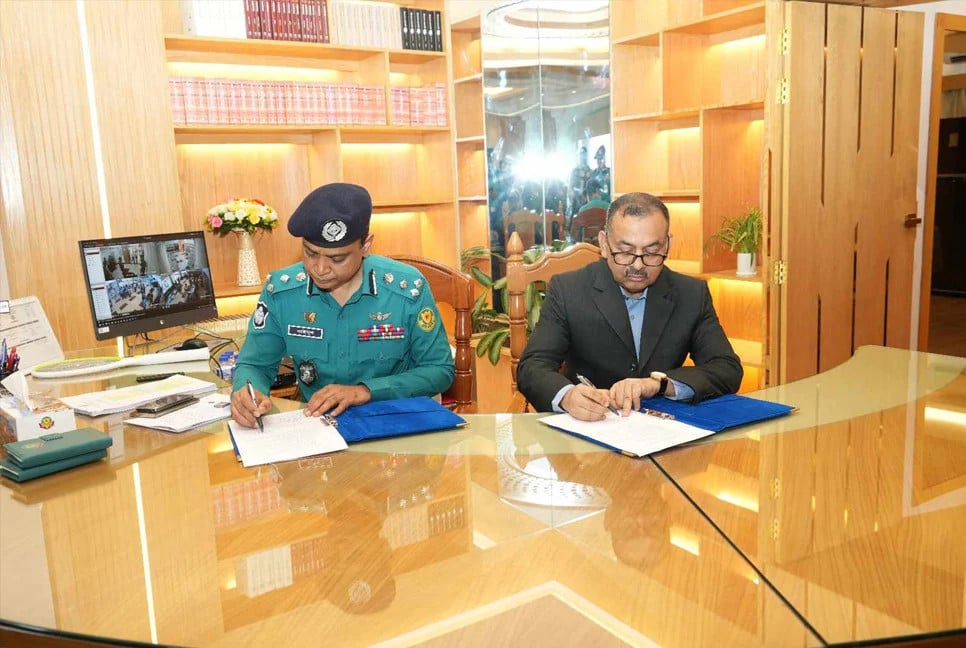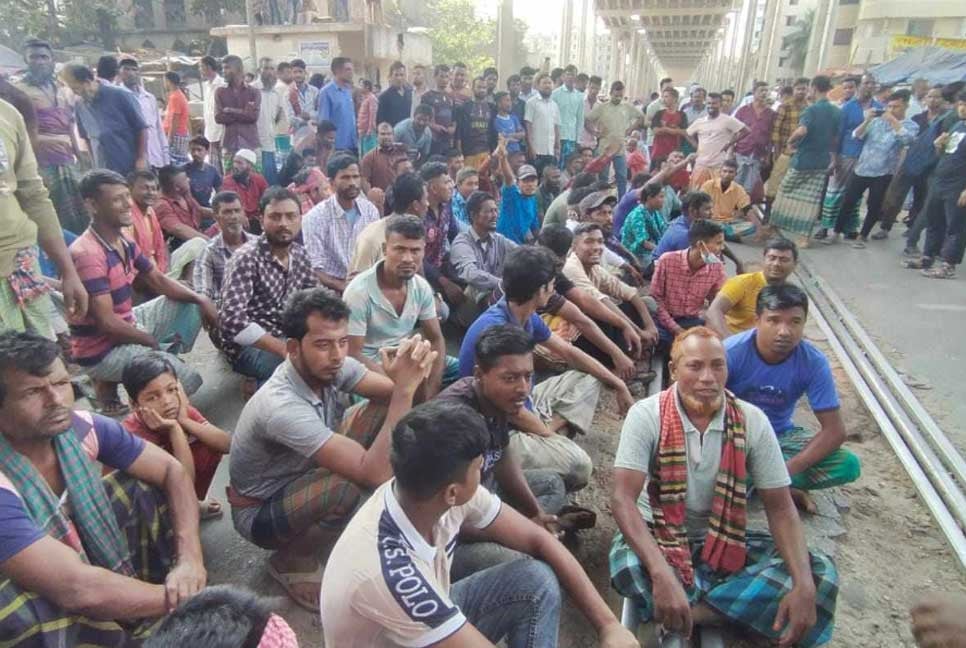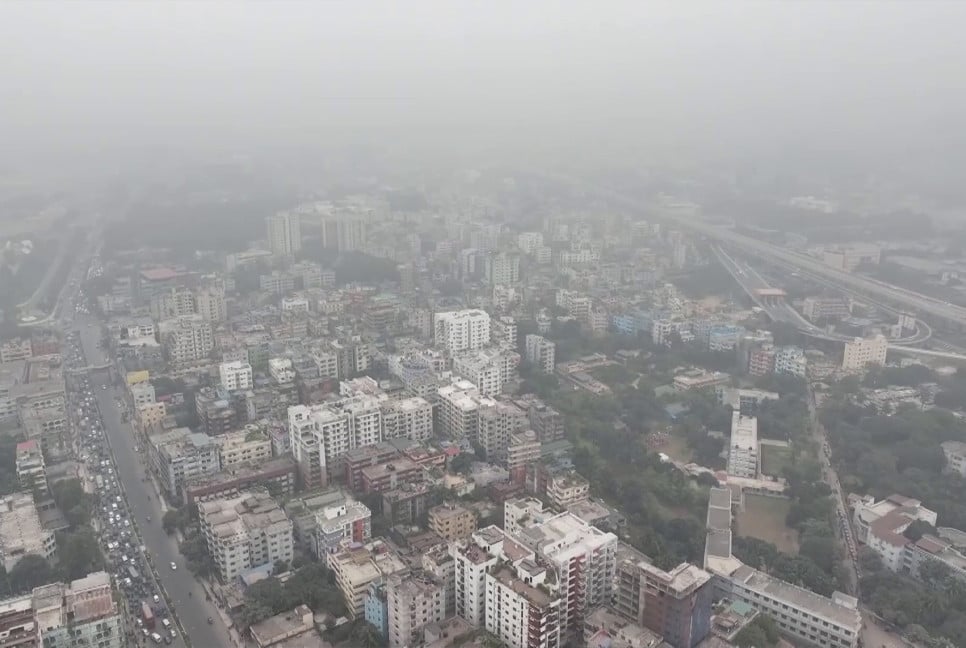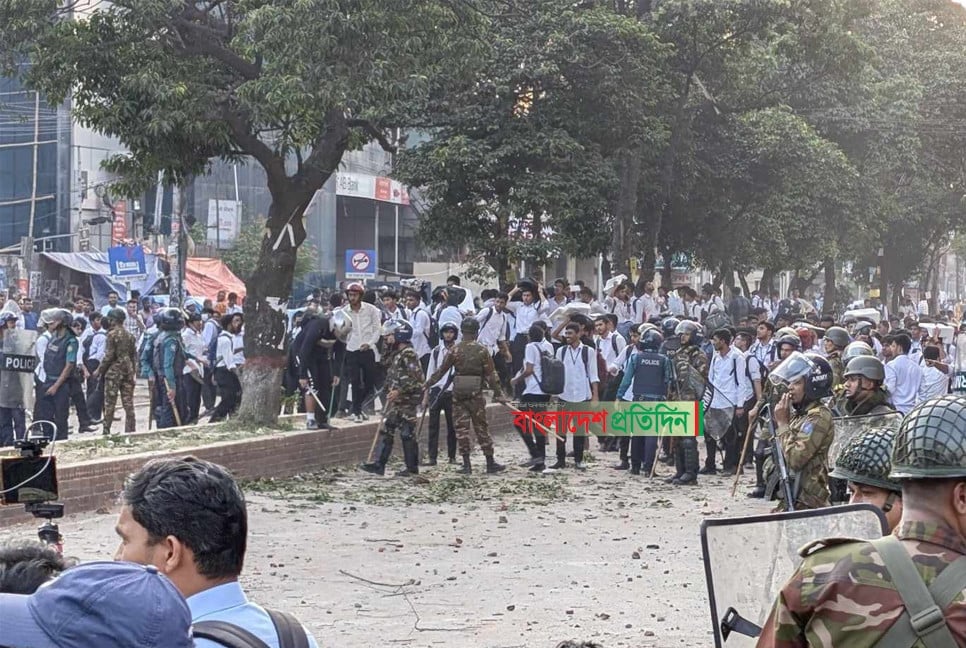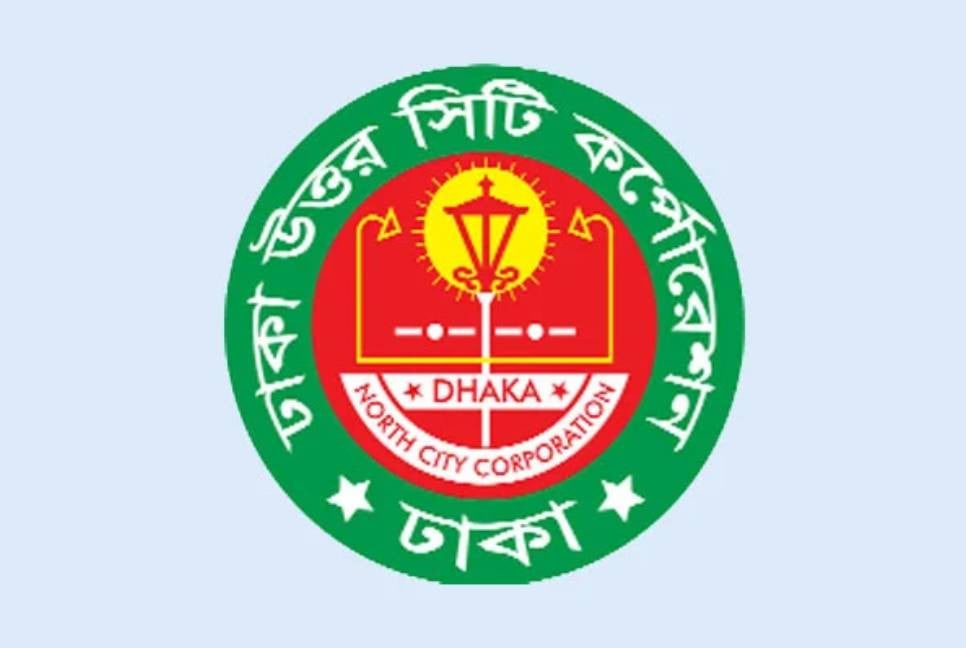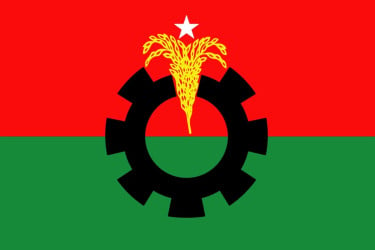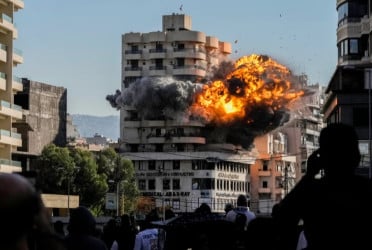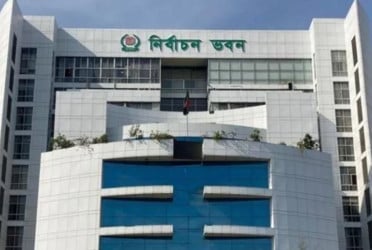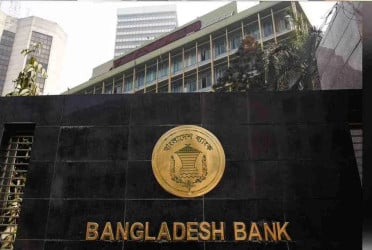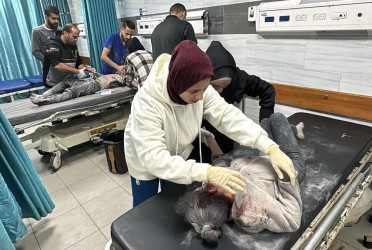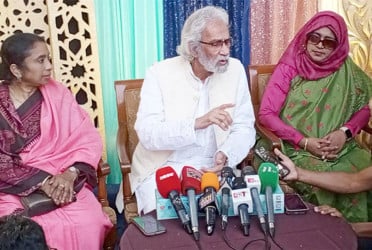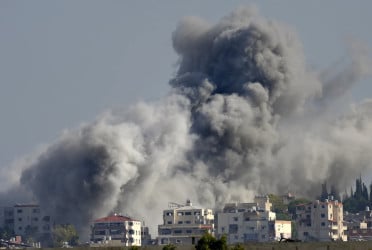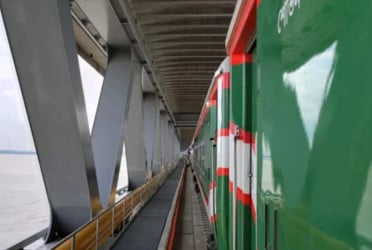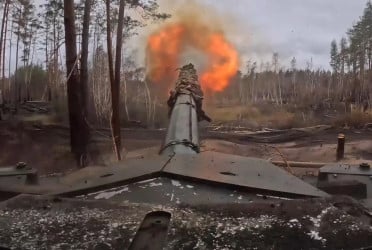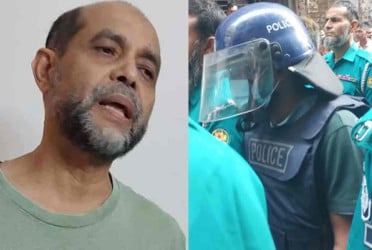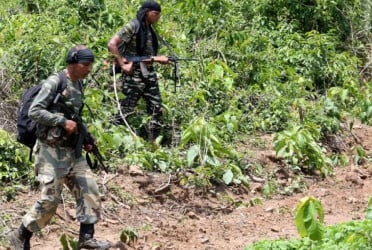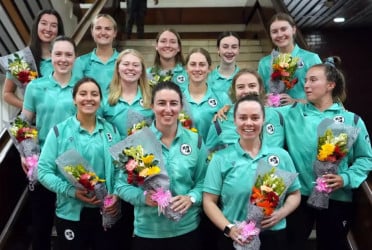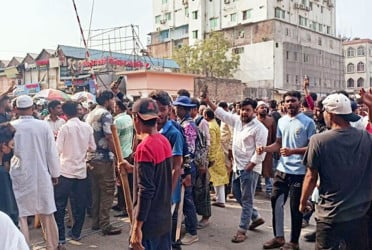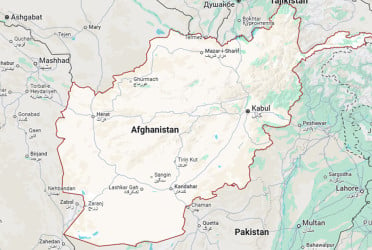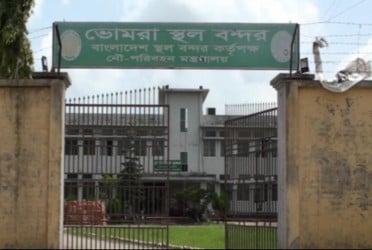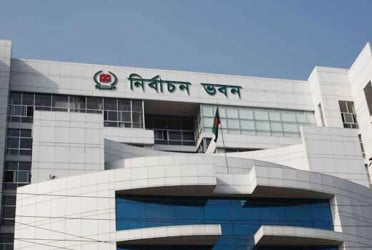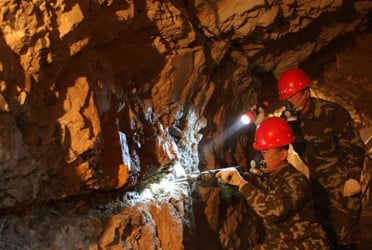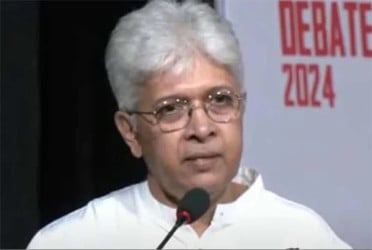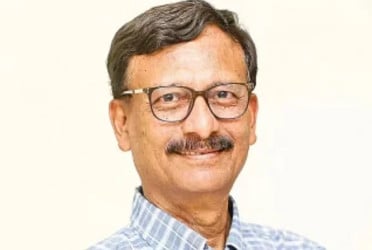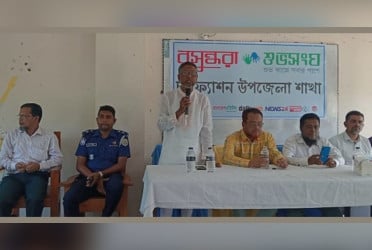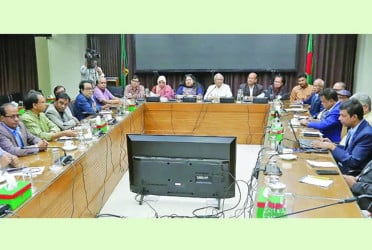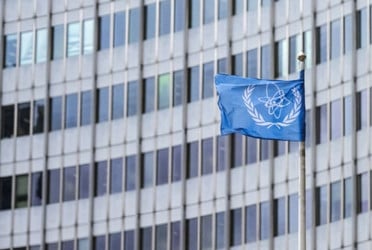Prime Minister Sheikh Hasina inaugurated the South Asia's largest single sewage treatment plant (STP) in the capital's Khilgaon area on Thursday.
She formally launched operation of the Dasherkandi Sewage Treatment Plant, first of its kind in the country, at a function at Bangabandhu International Conference Centre in the capital.
At the same function, Sheikh Hasina also laid foundation stone of the reconstruction and expansion of the Pagla Sewage Treatment Plant in support with the World Bank (WB) and the Asian Infrastructure Investment Bank (AIIB), having capacity of treating 200 million tonnes of sewage, reports BSS.
“I formally announced inauguration of the Dasherkandi Sewage Treatment Plant and reconstruction and expansion of the Pagla Sewage Treatment Plant,” she said.
The Dasherkandi plant has a capacity of treating five million tonnes of sewage per day, which is 20 to 25 percent of the total sewage in the capital.
The plant is supposed to play a key role in saving the rivers surrounding the capital from the pollution.
The China-funded project was implemented on about 62.2 acres of land at the cost of Tk 3,482.42 crore. Of the total cost, Tk 1,106.42 crore came from the government fund, Tk 10 crore from Wasa fund and the remaining Tk 2,366 crore from the Export-Import Bank of China as project assistance.
The government has a master plan to build four more sewage treatment plants, one each in Pagla, Uttara, Rayerbazar and Mirpur areas to treat 100 percent sewage of Dhaka by 2030, of which 90 percent will come under pipeline coverage and remaining 10 percent sewage will be collected from the houses.
The plant helps implementing SDG Goal-6 by ensuring better waste management system across the country by 2030.
The Dasherkandi Treatment Plant, which falls within Khilgaon Police Station, is adjacent to Aftabnagar and will treat sewage of several areas of the capital, including Gulshan (part), Banani, Tejgaon, Niketon, Maghbazar, Malibagh, Aftabnagar, Badda, Kalabagan, Panthapath, Dhanmondi (part) and Hatirjheel.
The project has a sludge drying-burning system with a processing capacity of about 500 tonnes per day.
Bd-pratidin English/Golam Rosul

.jpg)
